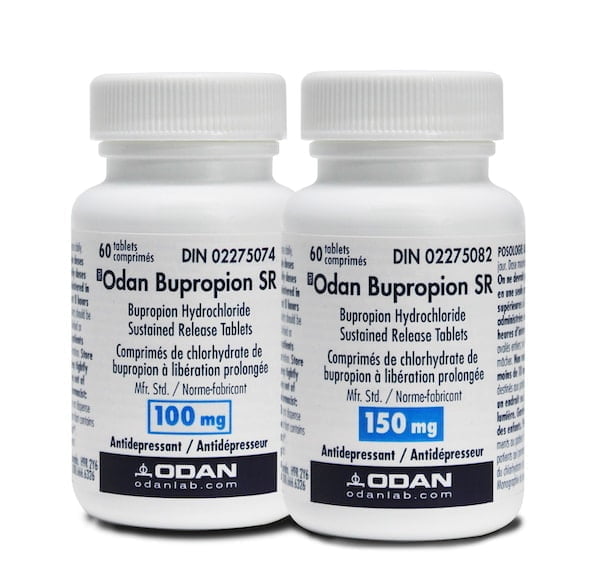An overdose on bupropion is a serious medical emergency that requires immediate attention. Bupropion, which is marketed under the brand names Wellbutrin and Zyban, serves as an antidepressant for managing depression and other mental health issues.
The drug functions by boosting the levels of certain chemicals in the brain that help regulate mood. However, an excessive intake can lead to severe side effects and, if not treated promptly, can be fatal.
Symptoms of Bupropion Overdose
The symptoms of a bupropion overdose can include:
- Confusion
- Agitation
- Seizures or convulsions
- Rapid heartbeat
- Sweating
- Nausea and vomiting
- Hallucinations or delusions
- Blurred or double vision
- Difficulty breathing
- Chest pain
- Loss of consciousness
- Coma and potential death
In addition, an overdose can cause abnormal heart rhythms—known as arrhythmias—that can lead to cardiac arrest, posing a deadly risk due to its effects on the cardiovascular system.
If the symptoms are not promptly addressed, they can worsen, potentially resulting in life-threatening situations. Immediate medical intervention is critical in suspected overdose cases.
Treatment for Bupropion Overdose
Treatment for a bupropion overdose involves supportive care and administering activated charcoal to prevent further absorption of the drug in the stomach. Other medical treatments may be necessary, including intravenous fluids, respiratory support, and dialysis.
It’s important to note that bupropion, like other antidepressants, can increase the risk of suicidal thoughts and behaviors. Close monitoring is often necessary. In severe cases, treatment in an intensive care unit (ICU) may be required for comprehensive management. Additionally, addressing any underlying mental health conditions that may have contributed to the overdose is crucial.
Conclusion
In conclusion, a bupropion overdose is a medical emergency that requires immediate professional care due to its potential for long-term complications such as permanent organ damage, respiratory failure, cardiac arrest, stroke, coma, paralysis, neurological deficits, cognitive impairment, blindness, and deafness, depending on the severity.
Timely treatment is essential if an overdose is suspected. Ensure a thorough evaluation and effective management plan to facilitate safe recovery and prevent further harm.
